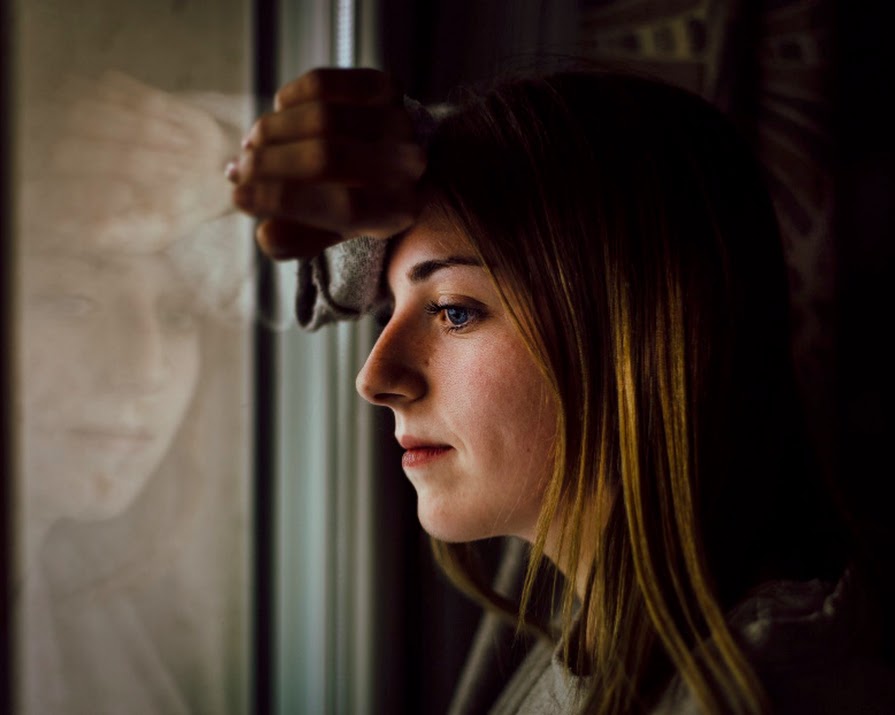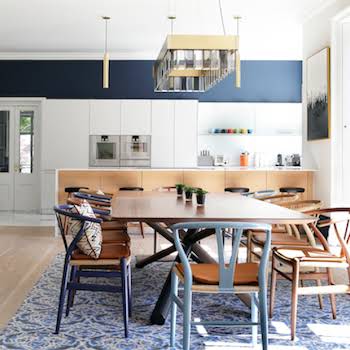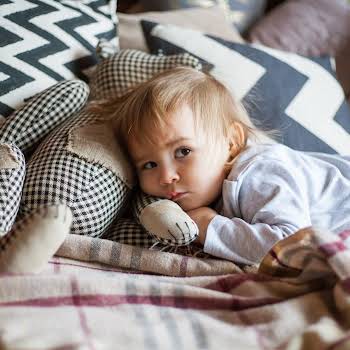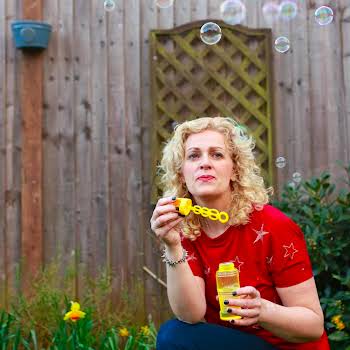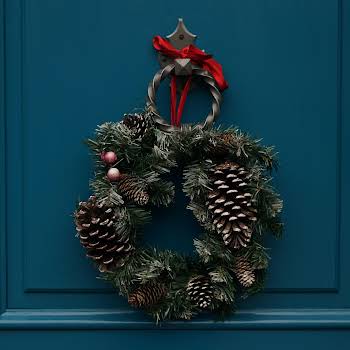
Coronavirus restrictions: ‘My home isn’t a safe space for me. I’m struggling’
By Amanda Cassidy
11th Apr 2020
11th Apr 2020
It’s the most basic virus-fighting directive: stay at home. But what if that space isn’t safe? Amanda Cassidy reports.
Home isn’t where you’re from, it’s where you find light when all grows dark – Pierce Brown, Golden Son.
Home is a word that resonates deeply.
In Ireland, homes and housing are part of our national conversation. It evokes images of family, childhood, and safety.
If we are lucky, it is a safe haven, a place of peace, free from attack or abuse. Author John le Carré wrote candidly about home as a place “where you go when you run out of homes”. Or maybe it is more about a state of mind as James Baldwin put it when he wrote, “perhaps home is not a place but simply an irrevocable condition.”
Either way, we are currently spending an awful lot more time in our homes as per the government’s recommendations. In fact, there has never been such an emphasis on being at home whatever that means.
But such places are not always the safe ports that are portrayed in fairytales with happy endings. In fact, some settings are upsettingly unsafe – more like a prison than a sanctuary.
Generation Banana Bread
Mainstream social media has set the bar high.
Dreamy images of children baking with parents finally able to step off the work treadmill abound. Gardening, going for 2km cycles together, binge-watching the latest crime drama, learning new skills, perfecting cooking skills… how utterly lovely. How safe. How normal.
But how do you stay at home if you don’t even have a home?
His current shelter is a raggy sleeping bag thrown over his thin shoulders
Staff in homeless services have been expressing concern about the challenges faced by the homeless population who are particularly vulnerable to illness, with one social worker describing it as “a crisis superimposed on an existing crisis”.
And although emergency contingency plans have been rolled out in earnest by local councils, problems in that sector don’t just go away because of a pandemic. There will always be those, like David, who inevitably return to the streets time and time again.
“I’ll take my chances,” he tells us from his position on the corner of Georges Street in Dublin. “It will take a lot more than the coronavirus to kill me,” he laughs from beneath his current shelter — a raggy sleeping bag thrown over his thin shoulders.
But although alone, David and others in the same position are not without support. Safetynet Primary Care is a registered charity funded by the HSE which offers a comprehensive primary health care service targeted at people experiencing homelessness in Dublin.
The programme makes services more accessible by locating medical and social support services in the agencies and services where homeless people attend for support (1800 90 71 90)
Every day is dark because of my mum’s condition, but being around this type of scenario all night and day makes my life a lot darker at the moment.
Relentless
And then there are those who have a home but no peace.
Angela agreed to speak to me but wanted to remain anonymous. She is 18 and lives with an alcoholic parent in rural Ireland. “Before coronavirus, I survived this by avoiding home as much as possible. I kept my little sister away from mum to protect her too. Now we are stuck,” she tells me sadly.
“Social media is great to keep in touch with friends, but the problem is that it also paints a picture that everyone else is tucked up at home safely. We are not. Every day is dark because of my mum’s condition, but being around this type of scenario all night and day makes my life a lot darker at the moment. There is no escaping it while we are on lockdown. It is relentless.”
The stay-at-home-we-are-in-this-together mentality rings empty for those in situations like Angela’s.
She has found some kind of lifeline in MyMind, a social enterprise and mental health charity that has seen a spike in demand for its online mental health support services in recent weeks. In fact, the number of those seeking support has jumped by 600%.
It provides a bespoke and very secure platform that makes online therapy more accessible for those who need it most. 120 therapists are available to help in 15 different languages, and the price you pay is based on your life situation. For those who are unemployed, part-time, cocooning or retired, for example, it is just €20 for a session.
Sanctuary
Anna Nauka is a psychologist and psychotherapist with the organisation for 7 years. She says a true safe space is where we can find an area to self-regulate.
“It doesn’t have to be a place. In fact, sometimes the home is the opposite of that. You might be living with flatmates or with in-laws and it doesn’t feel like you have the support that you need around you. You need to find or create that space, create a relationship or connection with someone who can support you.”
Anna says that MyMind.org is also offering a telephone service for those who might need access to such help while out of the house too. “The consequences of living under constant threat mean you are in flight or fight mode. Alternatively, you are in shutdown mode which can give you symptoms of depression or anxiety.
“At the moment, we are living in challenging times and it is normal and instinctual to feel hopelessness at the lack of a script. We are trying to fill the gaps in what comes next and sometimes we have to admit that we can’t really prepare for that.
”Try to be gentle with yourself. You don’t have to read all of the novels or learn a new language. Be kinder to yourselves and monitor the emotions that flood through us. It is normal to feel overwhelmed. Be mindful and try to seek out the things that make us happy.
Trapped
This week Safe Ireland has called on the government to provide emergency funding of €1.6 million to respond to the needs of those experiencing domestic abuse and coercive control.
Safe Ireland is the national social change agency and it works with 38 member domestic violence services across the country. Sharon O’Halloran told the Irish Times this week that many seeking to flee violent relationships since the COVID 19 emergency began are being forced to spend more time with their abusers. “Coronavirus is being weaponised against them.”

Many of the women’s refuges are now full. Some victims and their children are even being moved into temporary AirBnB accommodation to allow for social distancing.
This is the flip side of the banana bread coin.
This is children trapped in an unfamiliar space without their belongings, without school or friends for distraction. This is women, bone-tired of being mocked, controlled, punched… sitting on a bed in a refuge watching that child, wondering how it came to this.
Trapped again. For the greater good, this time. But still trapped.
Stay at home. You are safe at home, the voices from the TV and radio urge us. But not everyone is safe. Not everyone has a home.
Myth
Put simply, coronavirus isn’t the great leveller everyone says it is. This is something award-winning journalist Emily Maitlis pointed out frankly in her Newsnight opening speech this week:
“The language around COVID-19 has sometimes felt trite and misleading. You do not survive the illness through fortitude and strength of character,” the 49-year-old said. “And the disease is not a great leveller, the consequences of which everyone, rich or poor, suffers the same. This is a myth that needs debunking.
“Those who live in tower blocks and small flats will find the lockdown a lot tougher. Those on the front line right now – bus drivers and shelf stackers, nurses, care home workers, hospital staff and shop keepers – are disproportionately the lowest-paid members of our workforce.
“They are more likely to catch the disease because they are more exposed.”
Inequality
This pandemic isn’t equal. Our safety isn’t equal. Our fears for the outcome are not equal.
Our version of Home isn’t always the light in the dark many of us take for granted during this isolation period.
Sometimes it is just a pile of blocks that represent the blacker side of the darkest night. Walls closing in. And at the moment that reality has never been more pronounced.
Samaritans: 116 123
Women’s Aid: 1800 341 900
Childline: 1800 66 66 66 or free text to 50101
Image via Unsplash.com
Read more: Coronavirus Diaries: ‘I watch my children twirl and fall down dizzy and I feel the same’
Read more: Coronavirus: It is time to do our civic duty
Read more: Simple ways to turn your home into a sanctuary











